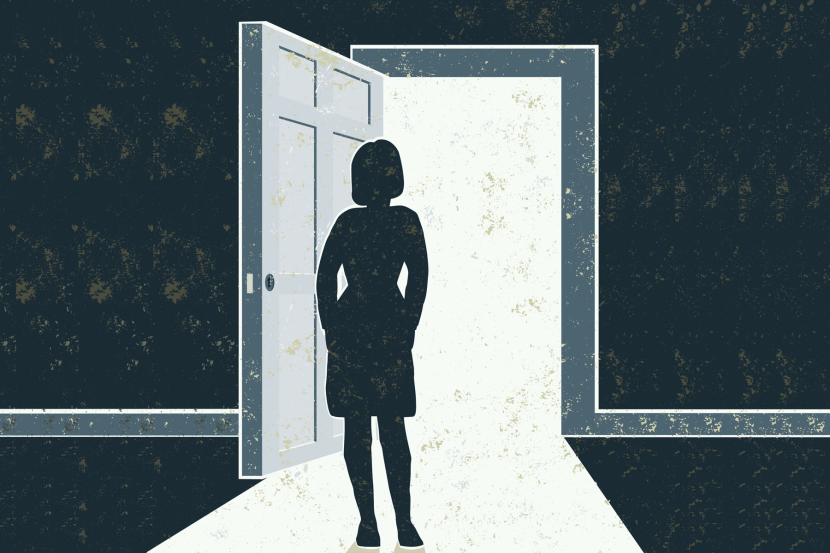
SUMMARY
Intimate partner violence is shockingly widespread: the World Health Organization estimates that, as a global average, one in three women have experienced violence from a male partner or former partner. In addition to its direct impacts, intimate partner violence can cause chronic physical and mental health conditions, particularly where abuse is persistent and repeated. These effects can endure well after the violence has ended. To improve the services provided to survivors of intimate partner violence, a WUN Interdisciplinary Research Group led by Parveen Ali (University of Sheffield) is exploring its mental health aspects and what practitioners can do to help.
STORY
With eighteen researchers across eight universities, the WUN group takes a multidisciplinary approach, combining expertise on intimate partner violence (IPV), gender-based violence, gender and family studies, psychology, public health, and the role of the justice system. This reflects the complex nature of IPV, which the WHO defines as ‘any behaviour within an intimate relationship that causes physical, psychological or sexual harm to those in the relationship.’ While men can also be victimised by female partners, and IPV sometimes occurs in same-sex relationships, women overwhelmingly carry the burden of this violence.
The group’s objective is to amplify the many decades of combined expertise of its members; as Ali highlighted, ‘the idea is to bring people with different expertise together in one place to allow a bigger impact than when we work in single countries or disciplinary silos.’ It also incorporates perspectives from non-governmental organisations and health practitioners, and geographical diversity is key: ‘what WUN brings is the ability to bring people together in these different places that you wouldn’t necessarily otherwise think around, and one year is a good time period where you can achieve a lot and really gel together.’
In addition to its virtual collaborative meetings, the group has held three public webinars that correspond to its research focus areas: Debbie Hager (University of Auckland) spoke about domestic violence and its mental health impact; Lisa Fontes (University of Massachusetts Amherst) spoke about how to help someone victimised by coercive control; and Carolyn Harris Johnson (University of Western Australia) spoke about family and domestic violence and the link to complex trauma. A fourth area the group will target is how to promote effective interventions to support victims’ access to services and reduce the mental health impacts of IPV.
Ali’s background as a nurse has informed her research on IPV since she began considering these issues during her PhD completed seven years ago. ‘Being a health care professional and a public health researcher provides me a very good platform where I understand the needs of the people and what sort of role nurses and midwives can play in referring and treating domestic abuse,’ she explained. She argues that nurses, midwives and other healthcare professionals can help to identify undisclosed signs of IPV (Ali 2017; Ali, McGarry and Dhingra 2016).
This is all the more crucial now as containment measures during the COVID-19 pandemic have amplified the risks and impact of intimate partner violence, with significant variations in the level of support services have been able to provide. As Ali cautioned, ‘We know that the number of calls to help lines has increased, we know the numbers at homeless sites have increased, but we still don’t know the true scale of the problem—because of under-reporting and because people have not been able to come and share their stories.’
While all research amongst survivors of abuse requires careful practical, methodological and ethical consideration (McGarry and Ali 2016), establishing and understanding the experiences of women during the pandemic presents particular challenges. The WUN group will be considering the implications of the current crisis as it formulates its future research agendas.
—
Dr Parveen Ali is Principal Investigator of the Intimate Partner Violence and Mental Health WUN Interdisciplinary Research Group.. Its network partner institutions are the The University of Auckland, University of Bristol, University of Ghana, Maastricht University, University of Massachusetts Amherst, the University of Sheffield, and The University of Western Australia. For more information see their WUN page.
